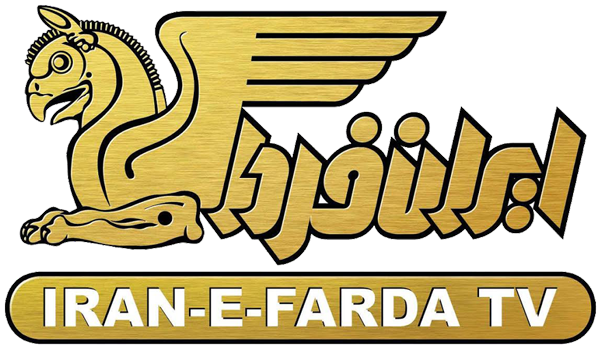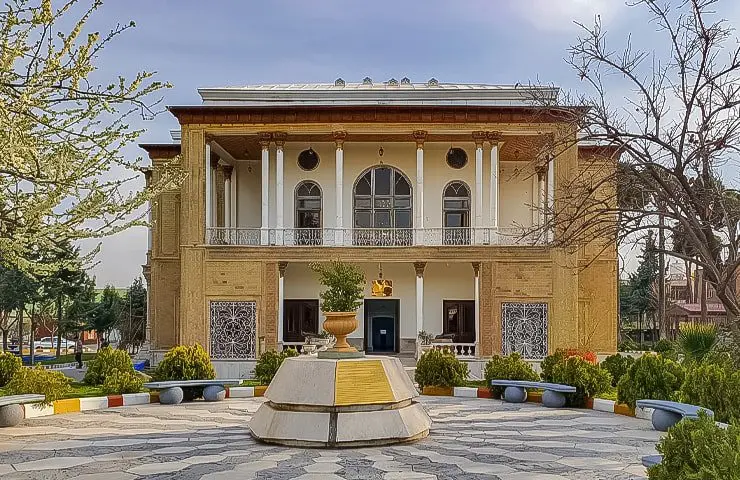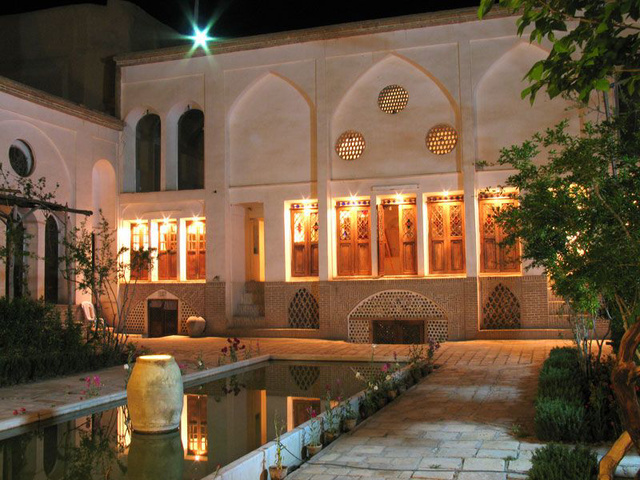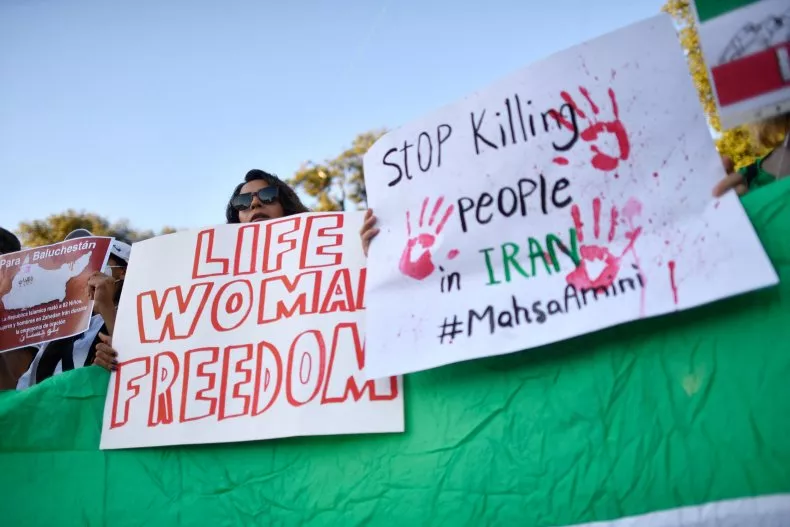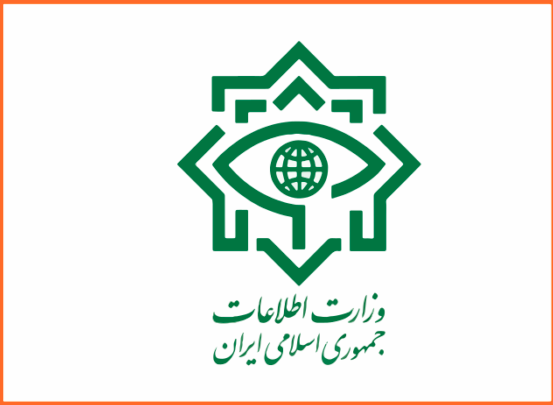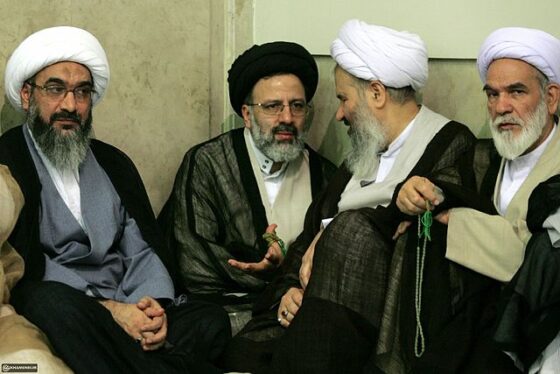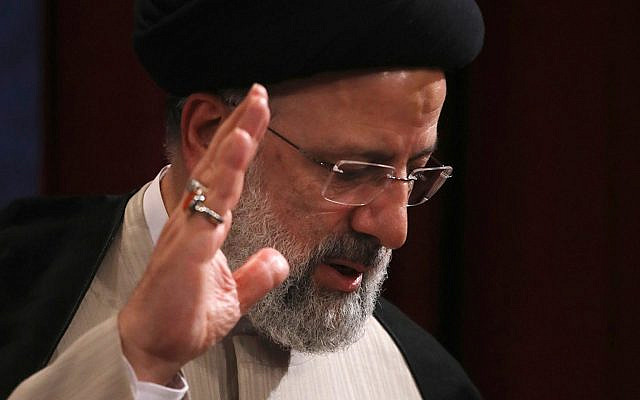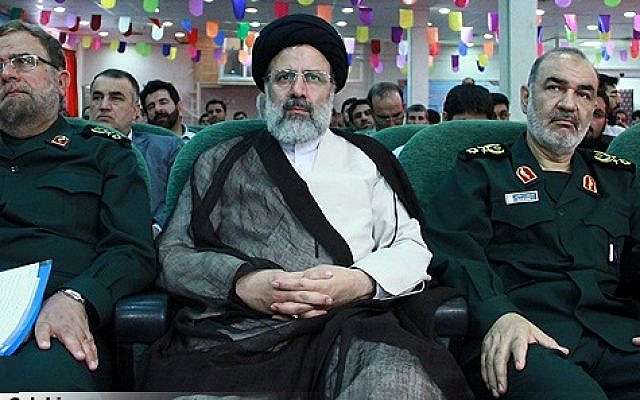Iran seeks gear from U.S., France to download downed plane’s black boxes
Published on: 2020-01-21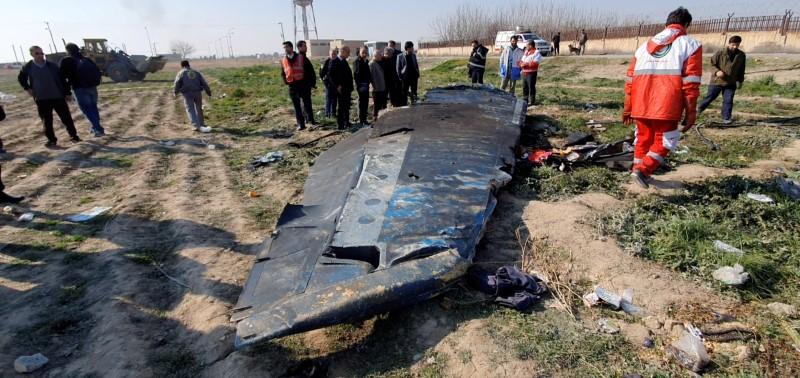
DUBAI (Reuters) – Iran has asked the U.S. and French authorities for equipment to download information from black boxes on a downed Ukrainian airliner, a request that will add to international frustration at Tehran’s failure to send the recorders abroad for analysis.
Canada, 57 of whose citizens were among the 176 people killed in the crash, has said France should handle the flight data and voice recorders as one of the few nations with the ability to analyze the information.
Kiev has repeatedly called for Iran to return the black boxes from the U.S.-built Boeing 737 flown by Ukraine International Airlines that was shot down in error on Jan. 8.
Tehran, already embroiled in a long-running standoff with the United States over its nuclear program that briefly erupted into tit-for-tat military strikes this month, has given mixed signals about whether it would hand over the recorders.
A further delay in sending them abroad will add to international pressure on Iran, whose military has said it shot the plane down by mistake in the tense hours after Iran launched missiles at U.S. targets in Iraq.
Iran, which took several days to admit its role in bringing down the plane and faced street protests at home as a result, launched its missiles at U.S. targets in response to a U.S. drone strike that killed a top Iranian commander on Jan. 3.
“If the appropriate supplies and equipment are provided, the information can be taken out and reconstructed in a short period of time,” Iran’s Civil Aviation Organization said in its second preliminary report on the plane disaster.
Its initial report was released just 24 hours after the incident, before Iran’s military acknowledged its role.
A list of equipment Iran needs has been sent to French accident agency BEA and the U.S. National Transportation Safety Board, the Iranian aviation body said.
‘MAXIMUM PRESSURE’
“Until now, these countries have not given a positive response to sending the equipment to (Iran),” it said, adding that two surface-to-air TOR-M1 missiles had been launched minutes after the Ukrainian plane took off from Tehran.
The aviation body said it did not have the equipment needed to download information from the model of recorders on the three-year-old Boeing 737.
Iran has for years faced U.S. sanctions that limited its ability to purchase modern planes and buy products with U.S. technology. Many passenger planes used in Iran are decades old.
Under Tehran’s 2015 nuclear agreement with world powers, Iran received sanctions relief in return for curbing its nuclear work. But Washington reimposed U.S. sanctions after withdrawing from the pact in 2018, a move that led to the steady escalation of tension in recent months between the United States and Iran.
Responding to U.S. President Donald Trump’s “maximum pressure” campaign that is designed to shut off Tehran’s vital oil exports, Iran has been scaling back on its commitments to the nuclear accord.
After Tehran’s latest move this month to scrap limits on uranium enrichment, a process that can make material for nuclear warheads although Iran denies any such aim, Britain, France and Germany triggered the nuclear pact’s dispute mechanism.
Launching the mechanism starts a diplomatic process that could lead to reimposing U.N. sanctions on Iran.
European capitals say they want to save the deal but have also suggested it may be time for a broader pact, in line with Trump’s call for a deal that would go beyond Iran’s nuclear work and include its missile program and activities in the region.
Iran says it will not negotiate with sanctions in place.
The Iranian general killed in the U.S. drone strike, Qassem Soleimani, was responsible for building up a network of militias that created an arc of Iranian influence across the Middle East.
Reporting by Alexander Cornwell and Babak Dehghanpisheh; Writing by Edmund Blair; Editing by Catherine Evans
